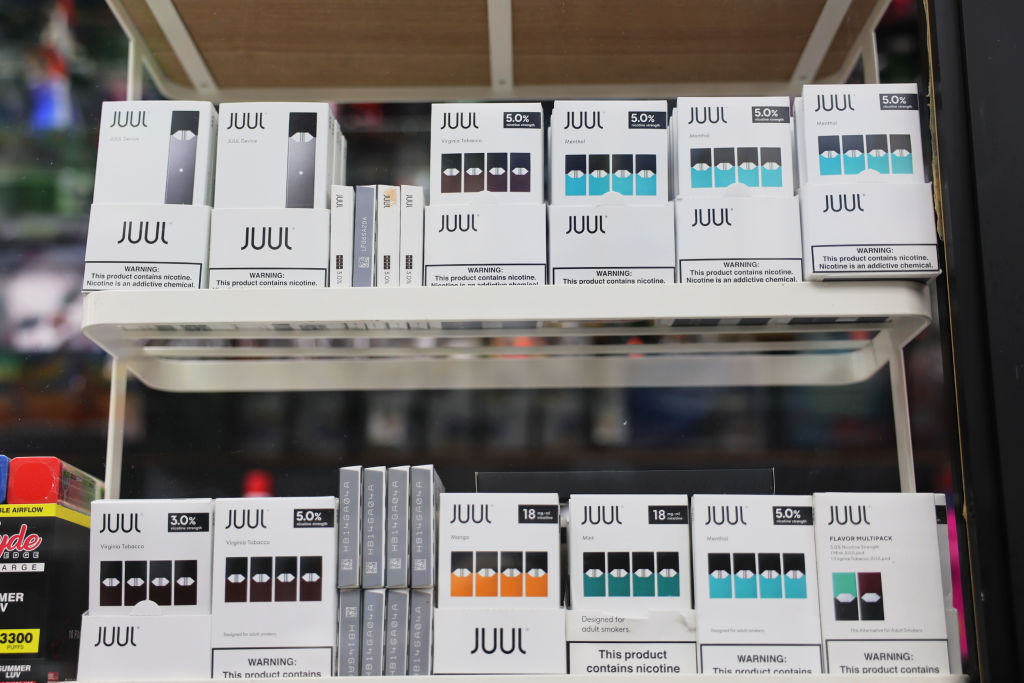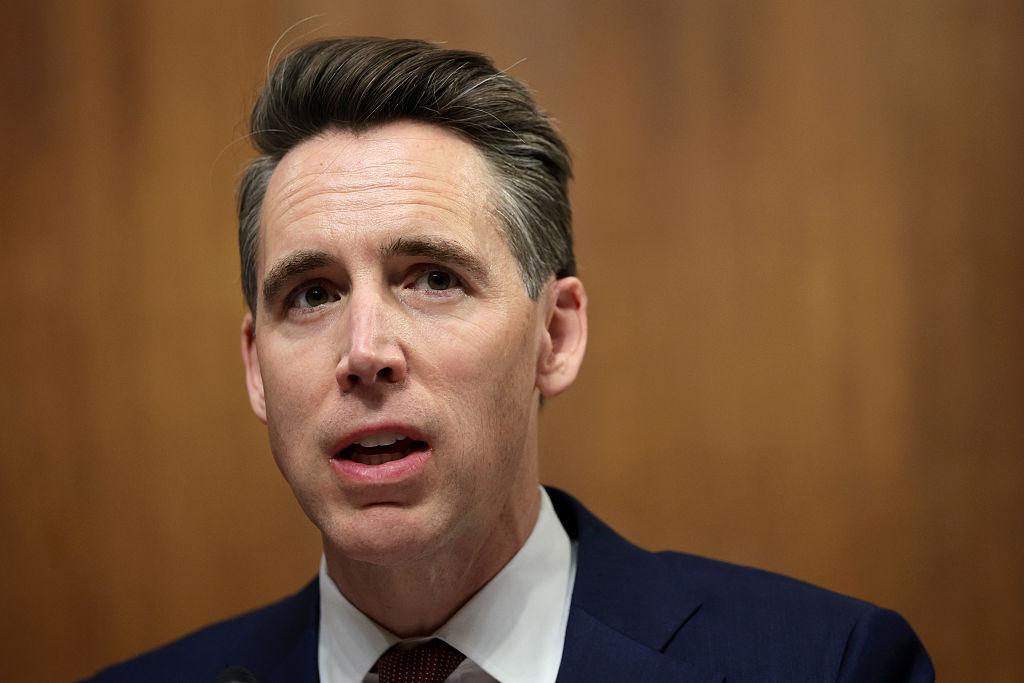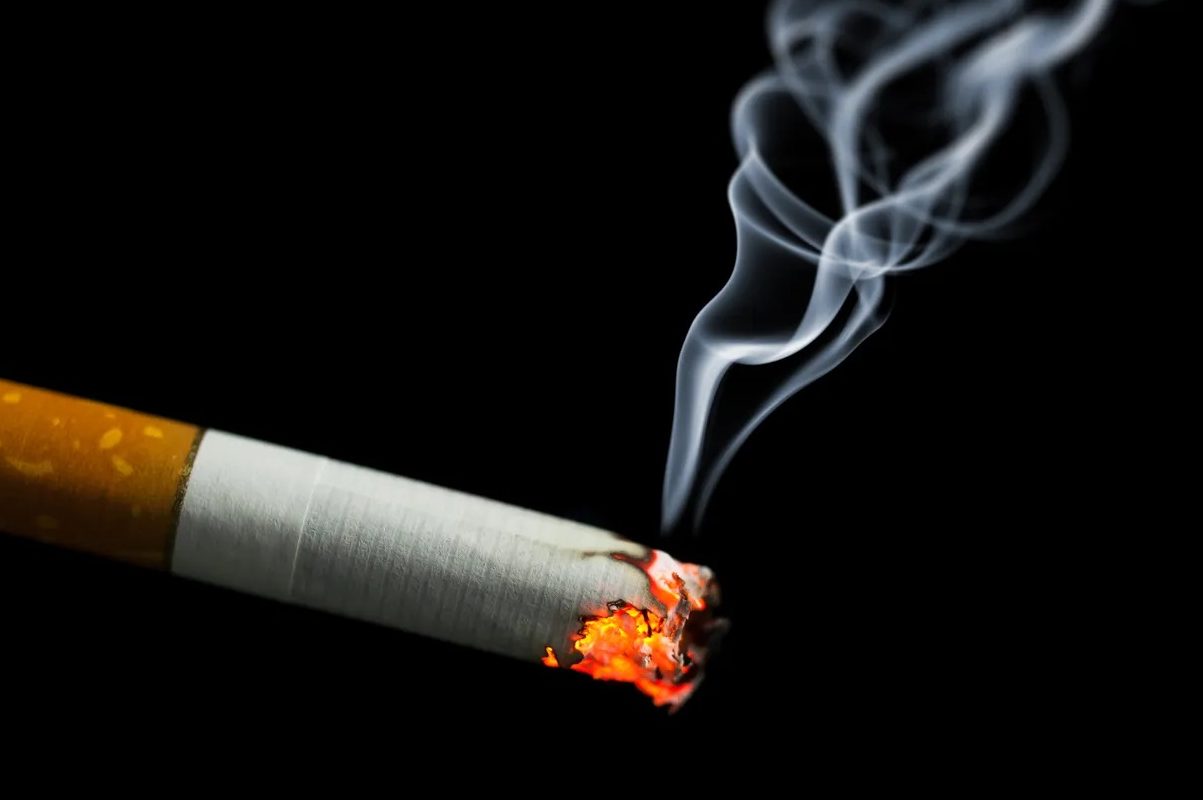Juul, the once dominant e-cigarette company, is back with a new proposed product that it hopes will rescue it from the brink of bankruptcy: age-restricted vapes.
In their attempts to make smoking less accessible for minors, the company is prepared to make the simple pleasure a pain for everyone. Users first must buy a new e-cigarette that pairs with a phone app. They will then upload their government ID or a real-time selfie to the app and have a third-party database verify their identity. A unique Pod ID chip within the Juul device will detect counterfeit cartridges made by other companies, who have flooded the market with illegal fruity flavors that appeal to minors. To further combat the problem, the new device only comes with just one flavor—Virginia Tobacco.
Cockburn wonders if the product’s complexities will only drive teenage cigarette use up instead, like those chain-smoking kids you often see in Indonesia — at least you can still smoke those the old-fashioned way without technology.
In Juul’s defense they had little choice but to develop the new product. It’s a last-ditch effort to salvage their reputation after being accused of targeting minors with fun nicotine flavors. The company infamously purchased ad space in teen magazines and TV networks like Seventeen and Nick Jr., as well as on seventeen educational and gaming platforms directed towards students. This April Juul agreed to pay $462 million to six US states and Washington, DC after settling a lawsuit which accused the company of directly promoting its products to high-school students.
When it first launched, Juul dominated over 70 percent of the e-cigarette market but has since fallen to a measly 22 percent. Youth nicotine users now prefer hipper brands like Puff Bar and Vuse, according to Cockburn’s nieces. Last year, Juul took another hit when the Food and Drug Administration banned the company’s products because they had not sufficiently answered the agency’s questions on the toxicology data the company had submitted in an application for its original vaporizer to remain on the market.
The FDA has yet to approve Juul’s new product in the United States, but it is already on sale in the UK and Canada where it’s called Juul 2. What’s next, Barefoot Wine bottles that only uncork when you scan your ID? Cigarette boxes with government-issued locks?

























